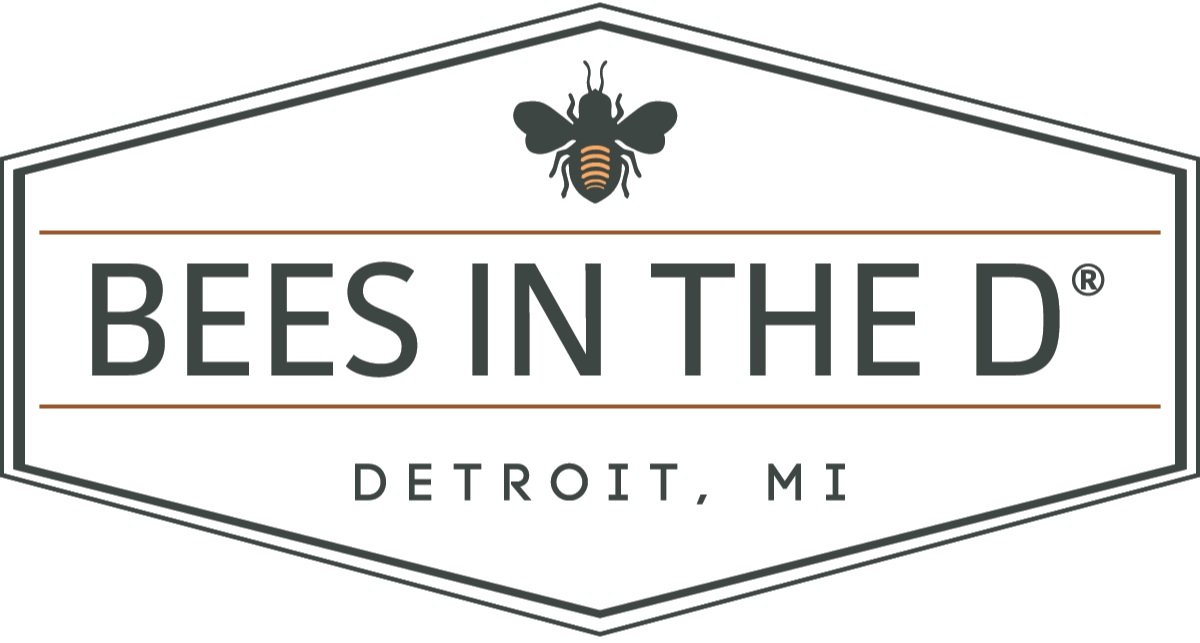Bees help bring in the harvest
Posted May 10, 2017
METRO DETROIT — When Brian Peterson first planted a vegetable garden, he saw modest success.
“I got some cucumbers and zucchini and tomatoes,” Peterson said. “But once I got bees, it was unbelievable. I had to pawn off vegetables on the neighbors and make a bunch of pickles.
“If a flower is not pollinated, it can’t produce fruit,” he said. “The flower will fall off and die. Before I had bees, I would try to pollinate with a brush by hand, hoping I would do an adequate job. The bees do a much better job.”
Peterson, who is an elementary school teacher, has been teaching others about the benefits of beekeeping since 1999, when he spent two weeks on Beaver Island in northern Michigan attending beekeeping classes.
A local garden club sponsored him, with improved gardening in mind along with honey production. Since then, Peterson has been sharing his knowledge through classes at Oakland University, Dinosaur Hill Nature Preserve in Rochester and more.
He also started the nonprofit organization Bees in the D, partnering with city homeowners and Detroit Abloom.
“We help people without much income get more vegetables,” said Peterson, who lives in Detroit.
In addition to installing beehives in Detroit backyards, Peterson has placed hives on building roofs, on Woodward Avenue and in Hamtramck.
“Bees don’t need a lot of space,” he said. “I thought, ‘How perfect to put them in Detroit, on space wasted on roofs.’”
Gardeners considering beekeeping to aid vegetable production and to harvest honey should check with local officials and neighborhood associations.
“A handful of cities have ordinances against (backyard beehives),” Peterson said. “But most cities are open to bees and are starting to recognize their importance. It is becoming an attractive hobby.”
He said honeybees — unlike aggressive yellow jackets and hornets — are fairly docile.
“There is a huge misunderstanding about honeybees,” Peterson said. “They only sting if their queen is in danger or they are stressed. When a honeybee stings, it dies.”
Peterson said he has aided homeowners by meeting with neighbors.
“We did a presentation for the neighbors of a woman in Rochester,” he said. “It became a social event, with honey and wine. Some people are very nervous about bees, especially if they are allergic.”
The global disappearance of bees is “still a huge problem,” he said.
“Europe banned a few of the main pesticides that contributed to the weakening of bees, and their bee population is on the rise,” he said. “Unfortunately, the pesticide problem is still happening here.”
For those interested in learning about beekeeping, Oakland Township is offering free beekeeping classes at Cranberry Lake Park on Predmore Road. Oakland Township Historic Preservation Planner Barb Barber said township officials hope the beehives will aid in apple production at the park, which is located within a historic district.
“We just planted 25 trees in the apple orchard,” Barber said. “The beekeeping program is in the henhouse. The bees will pollinate the apples.”
Saturday beekeeping classes will be held from 1 to 2 p.m. May 13, June 10, July 8 and Aug. 12 at the park. Beekeeper Preston Zale will cover the basics of bees, bee health, beehive maintenance and harvesting honey.
“The beekeeping program is getting a lot of interest,” Barber said. “We have over 20 people signed up so far.”
For more information or to register for the Cranberry Lake Park beekeeping classes, call (248) 608-6807 or email bbarber@oaklandtownship.org.
Peterson invites all to attend his Bees in the D Bee-Bee-Q Fundraiser at 4 p.m. June 14 at 200 Riverplace Drive, Suite 35, in Detroit, for food, drinks, live music and a silent auction. A suggested donation is $50 per person. For more information, visit beesinthed.com.

